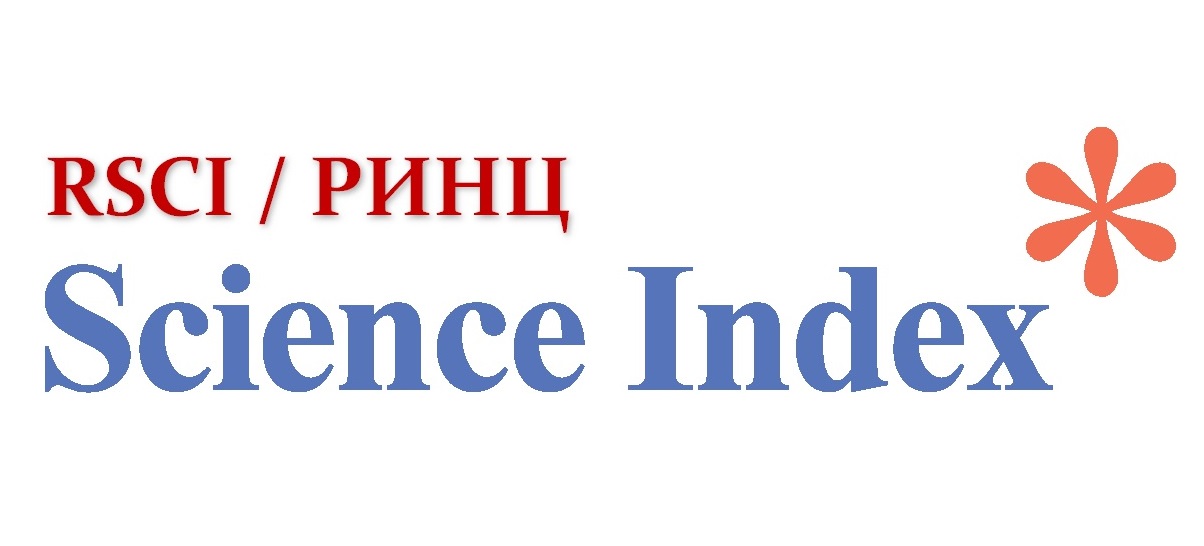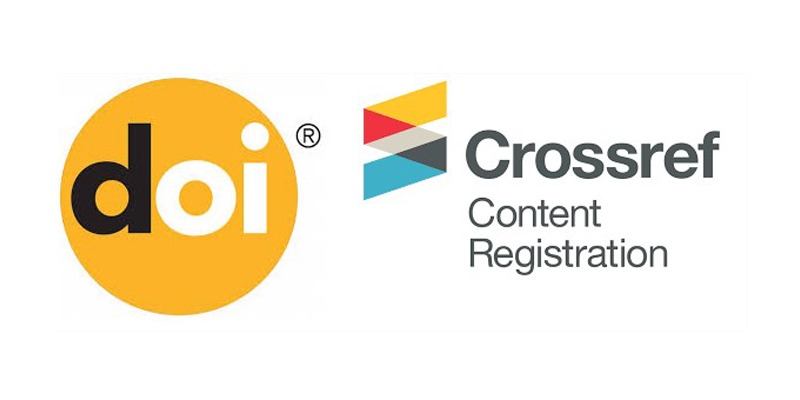Possibilities of applying artificial intelligence in state audit
Views: 267 / PDF downloads: 312
DOI:
https://doi.org/10.32523/2789-4320-2025-3-363-382Keywords:
public audit, Supreme Audit Chamber, digitalization, risk-oriented approach, information technology, artificial intelligence, data analysisAbstract
This article provides a comprehensive systems analysis aimed at assessing the capabilities and risks of using artificial intelligence (AI) technologies in the context of state audit. The main focus is on the transformational potential of artificial intelligence, which can significantly change and simplify audit processes. The purpose of this study is to analyze and summarize the capabilities and risks of using artificial intelligence technologies in state audit. The study used general scientific methods for understanding socio-economic phenomena and a systems approach, which made it possible to identify the most significant artificial intelligence tools that can improve the efficiency of audit procedures. The article discusses key artificial intelligence technologies, including process automation, big data analysis and predictive analytics, which can help improve the quality of public audit, reduce costs and reduce staff turnover in public audit bodies. It is noted that the introduction of artificial intelligence requires the development of new skills and approaches by auditors, which poses new challenges and tasks for government agencies.
As a result, the authors come to the conclusion that the integration of artificial intelligence technologies into the business processes of public audit bodies is not only relevant, but also necessary to ensure sustainable development and improve the efficiency of public administration in the context of digital transformation.
Downloads
Downloads
Published
How to Cite
Issue
Section
License
Copyright (c) 2025 K. Балгинова, Г. Тусибаева, Г. Сагиндыкова

This work is licensed under a Creative Commons Attribution-NonCommercial 4.0 International License.






